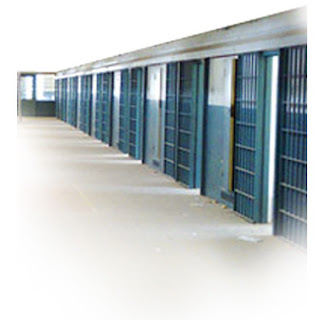Greene, Ronnie, and Geoff Dougherty. "Kids in Prison: Tried As Adults, They Find Trouble Instead..." Miami Herald (Miami, FL). 18 Mar 2001: 1A+. SIRS Researcher. Web. 26 Sep 2010.
- Throughout the United States, it is becoming easier to send juvenile offenders to adult prison, mainly because they are being tried in adult court. (1)
- In states such as Florida, juveniles as young as 14 are sentenced to time in adult prisons for non- violent crimes, which include theft, burglaries, and drug charges. (1)
- "But for Florida's fight against teen crime, the studies carry significance. Each of them matched children in the two systems--adult court and juvenile court--by their current charges, prior records and key demographics: in other words, similar youngsters, charged with similar crimes and with similar criminal pasts, routed to different systems." (2)
- It can be concluded that children who are sent to a juvenile detention center, with programs specially designed for the juvenile demographic of criminals, are better off than those children who are simply sentenced to time, or life, in the adult prison system. (2)
- Based on a study from the 1980s, thirty percent of juveniles broke the law again after their release from adult prison, while only 19 percent of juveniles broke the law after their release from the juvenile system. (7)
- If state legislatures are making it easier for the criminal justice system to send juveniles to adult prison, these percentages will continue to rise with time. (7)
- Judges were once able to put juveniles in rehabilitation programs, but send them to adult prison if they failed to complete the program. (7)
- This is called "blended sentencing," which is no longer allowed in the criminal justice system. A judge must either try a teen criminal as a juvenile or as an adult. (7)
- In Florida, courthouses are pushing for this type of sentencing to be brought back. (8)
- If this option was restored, it could give teen criminals a chance to take part in a rehabilitation program; however, the consequences would still stand if they failed to complete the program. (8)
- Other juvenile rehabilitation opportunities include after-school programs, camps, therapy, etc. Being locked away in a juvenile detention center is the most intensive method. (8)
- "The Department of Juvenile Justice's proposed budget cuts millions for early prevention programs targeting at-risk youths across Florida. Cuts would hit truancy reduction and gang prevention programs, juvenile camps and after-school education programs, along with day treatment and therapy centers." (8)

No comments:
Post a Comment